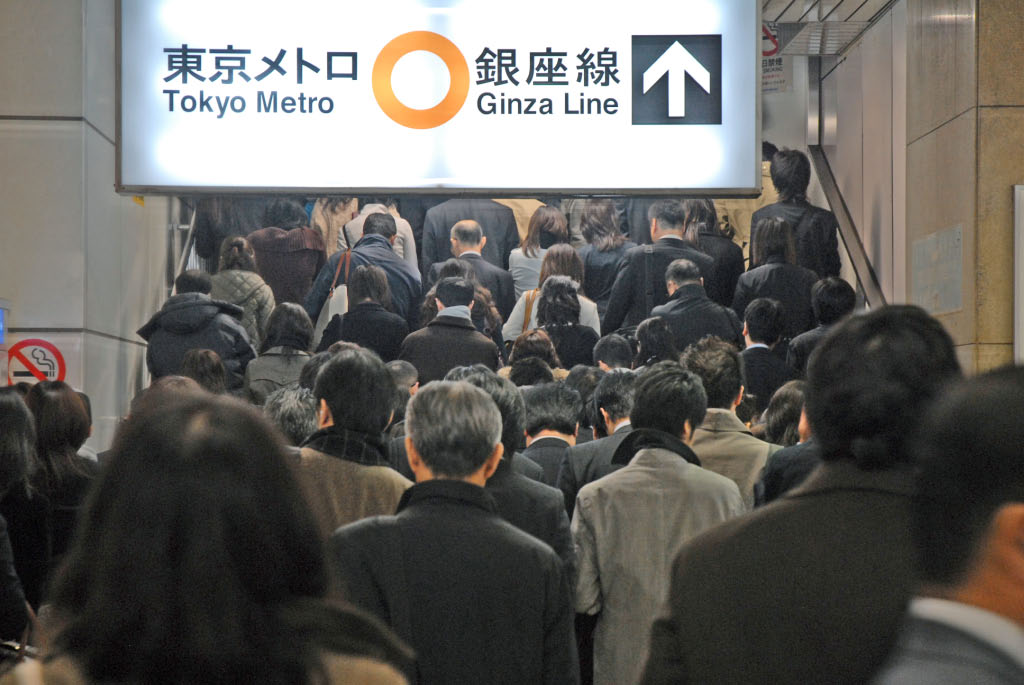How do street survey’s evolve when the surveyor has the ability to check the validity of answers to (control) questions in real time?
Which unique identifier is the surveyor going to latch onto to know that you are indeed you? Anything from the real time status updates to your social network, fingerprint or other biometric residues on the pen you used to sign the form, the mechanisms you use to connect to the people and objects around you. With real time facial recognition – you lose the opportunity to opt out.
What happens when the surveyor is able to track your behaviour after the survey? How is your behaviour influenced by the questions that were asked? How does this affect the questions that are asked? It’s not a survey, but a behavioural seed.
Reminds me of the so-called anonymous questionnaires often found in large corporations – when you’re the only person in your team based in [wherever] it’s not exactly anonymous is it? Gosh, I wonder how this affects the willingness to complete the (compulsory) survey? The accuracy or otherwise of the answers? Of course a well designed survey will factor in the likelihood of deliberately misleading answers.
Of course.
Yes.
